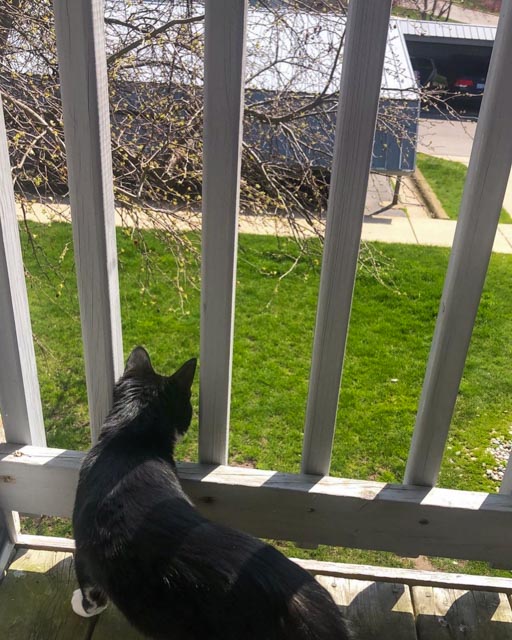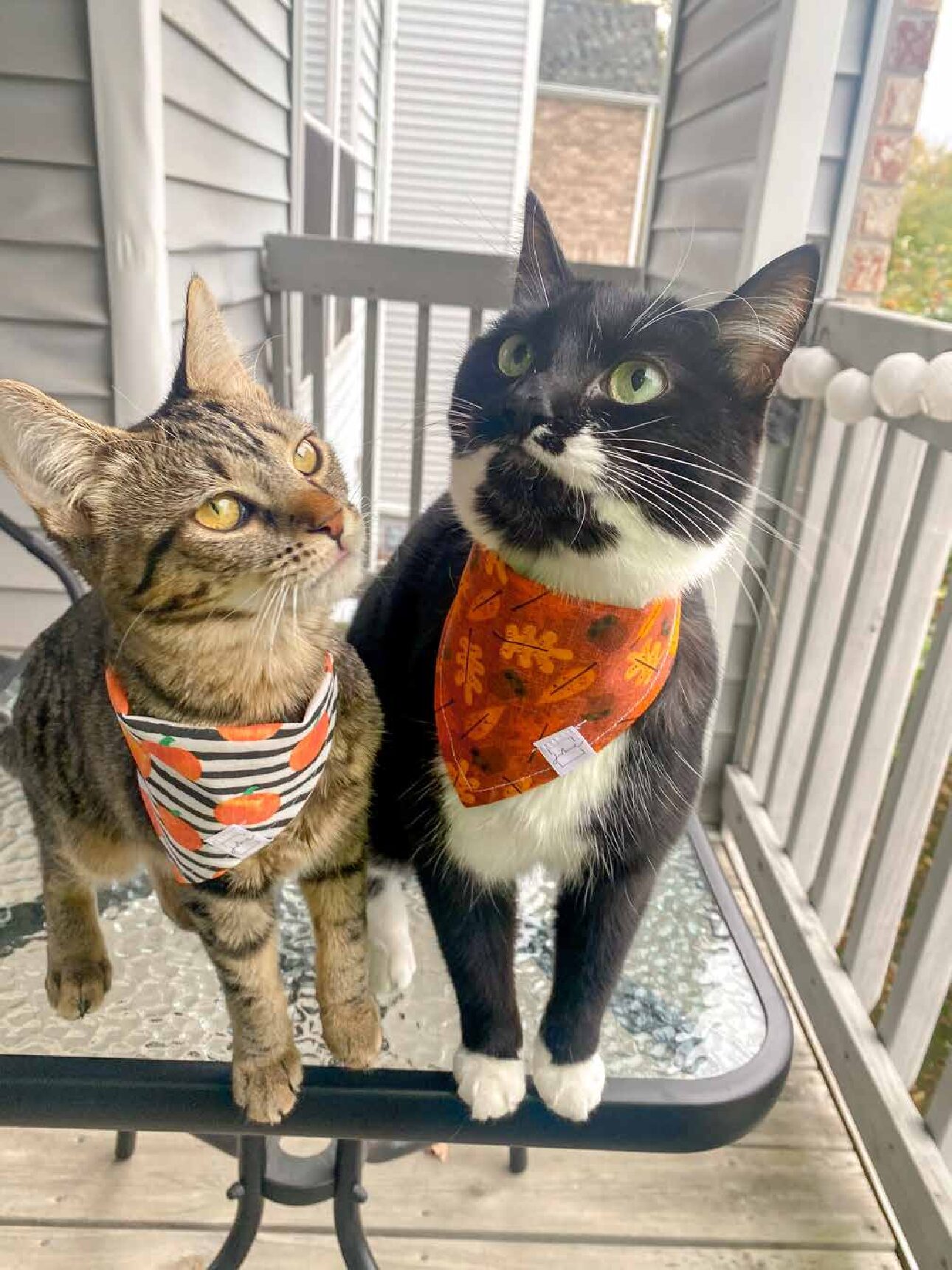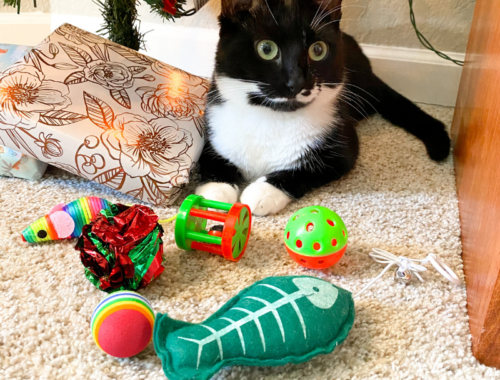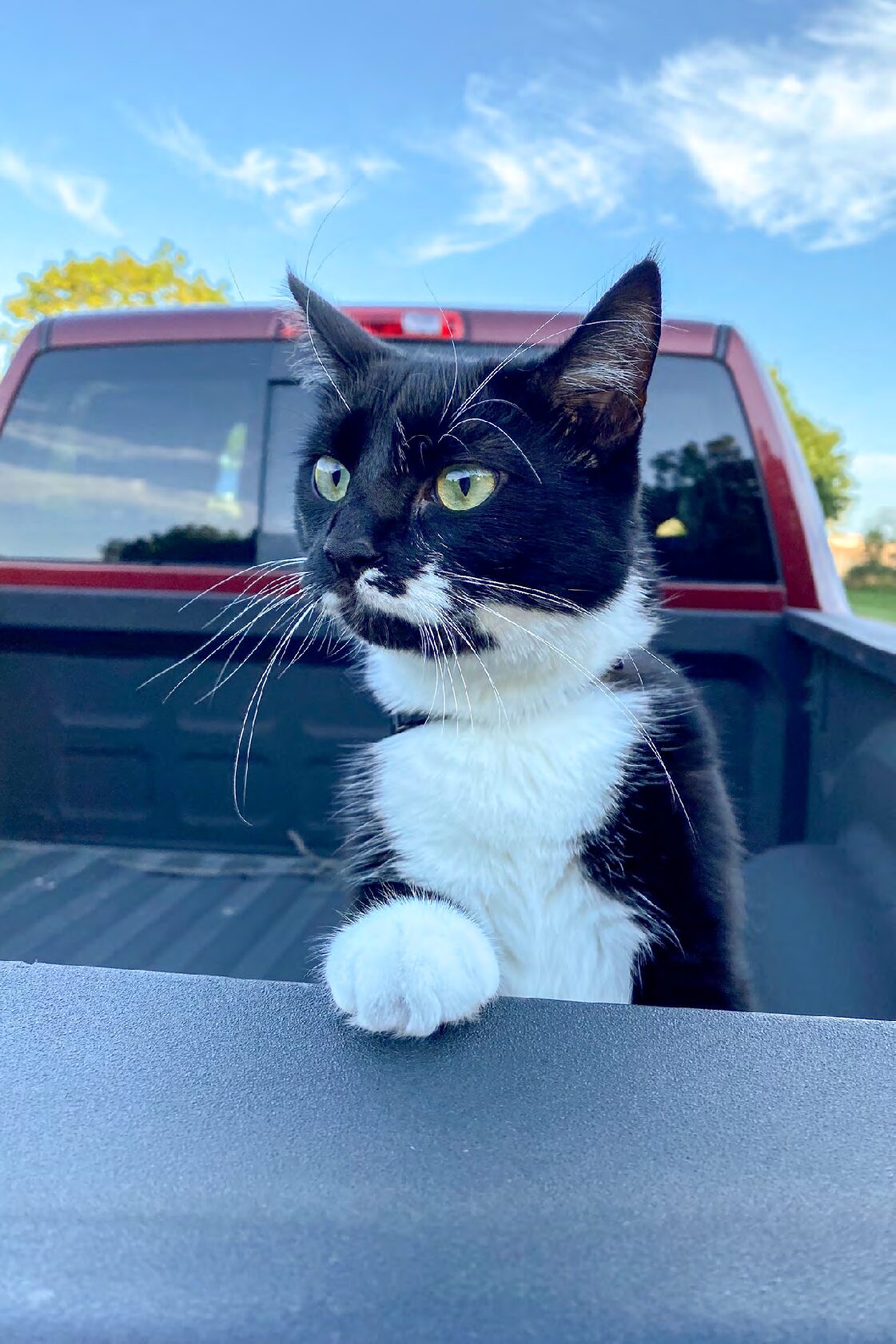
HOW TO DEAL WITH SEPARATION ANXIETY IN CATS
Just like people, cats can get separation anxiety. Does your cat get nervous when they see you getting ready to leave the house? Are they extra vocal after you close the door? Do they run to the door when you come home? Your cat might have separation anxiety, but there are ways to help ease their anxiety. Consult a licensed veterinarian to see what the best course of action is for your individual pet.
What is separation anxiety
Separation anxiety is when a pet is attached to an owner so much so that they get very stressed or depressed when left alone. This can cause the pet to misbehave, become uncooperative, and can cause the owners to get frustrated. It is a serious condition that shouldn’t be disregarded, as it can cause tension in you and your pet’s relationship.
The first step in dealing with separation anxiety is to figure out why your pet has it in the first place. Some of the most common causes include:
- Being left home alone for the first time, especially when they are used to being around people or a particular person all the time.
- Changing environments, whether it be environmental (moving to a new place) or ownership.
- Change in their daily routine
- Loss of a family member or other pet
Symptoms of anxiety
Cats, just like people, can show anxiety in different ways. Some signs of anxiety in cats can include, but are not limited to:
- Urinating or defecating outside the litterbox
- Throwing up
- Destructive behavior
- Hiding
- Excessive meowing
- Pacing
- Panting
- Anorexia
- Excessive grooming
Ways to help
There are many different ways that may help your pets separation anxiety. These are not in any particular order and each cat is different, so these are not guaranteed to all work. If just one thing is not working, using a combination of multiple options may help too!
Pheromones
- Pheromones are released by your cat to help them express how they are feeling. They have one released when calm and relaxed. You can purchase spray bottles, wipes, diffusers, etc. that mimic the pheromone cats naturally release. This can help your cat to feel calm when surrounded by that scent. You can spray it on their bed or any area they spend a lot of time. You can also have a wall plug in placed in their favorite room. See our recommendations below.
FELIWAY Classic 30 Day Starter Kit Plug-in Diffuser
FELIWAY Spray 20mL
New toys/rotate toys
- If your cat gets bored easily, try adding a new toy to the mix. If your cat has a lot of toys, you can try rotating them. Only let your cat have a few at a time, and hide the others, then periodically swap them out. This can help your cat feel like they are getting new toys every once in a while and it’ll keep play time interesting.
Play right before you leave
- In line with the toys, you can set aside 20-30 minutes to play with your cat before you are going to leave. This will help tire them out a bit, so they can possibly just relax and fall asleep after you leave.
Interactive pet camera
- Interactive pet cameras are relatively new but have lots of positive reviews! They allow you to have a two-way audio so that you can speak to your pet even if you are not home. Some even allow you to give treats, play fetch or have a laser pointer so that you can interact with your pet too. They can also act as a security camera, which is a nice bonus.
WOpet Smart Pet Camera
Veterinary prescriptions
- Veterinarians can prescribe medications that can help ease your pet’s anxiety. We recommend making an appointment with your veterinarian to discuss this option, as a physical exam and bloodwork may be needed before starting a new medication.
CBD oil
- Though a little controversial, CBD oil has some claims that it can relax your pet, help with arthritis, digestive issues, increase appetite, as well as some other health benefits. If your pet has anxiety it may be worth it to look into CBD oil and see if your pet’s condition gets better.
Background noise
- Try playing some music or leaving the TV on in the background. There are even some channels specific for cats, or a youtube video that you can play on repeat for them. The sound may relax your pet and make them feel less lonely.
Leave your clothes out
- Your cat may feel comforted by your smell. Try leaving a shirt or sweater out for them, either in their bed or in an area they like to sleep in a lot. It can help them feel as if you are there with them.
Add a friend
- This is not always the best solution for all cats, as some cats are more suited for a one cat household and some households cannot simply add another fur friend to the family. However, cats are known to be social animals, and adding another cat to the household may make them feel more comfortable when you are gone.
Overview:
Separation anxiety can occur in any cat, at any age. The first step in solving this issue is to recognize the symptoms. Then, try to figure out the root of the problem that is causing the anxiety in your cat. After that, try to help make your cat feel more comfortable when you are gone by using some of the above tips. Your veterinarian is also a great resource, and we recommend you speak with them about the issue, even if you are not looking to get prescription medication just yet. Of course seeing our cats stressed out and anxious is not something we like, and we hope that some of these tips can help your kitty overcome their anxiety!
You May Also Like

Steps To Introduce A New Cat To Current Pets
October 23, 2020
HOW TO HARNESS TRAIN YOUR CAT
May 22, 2020





